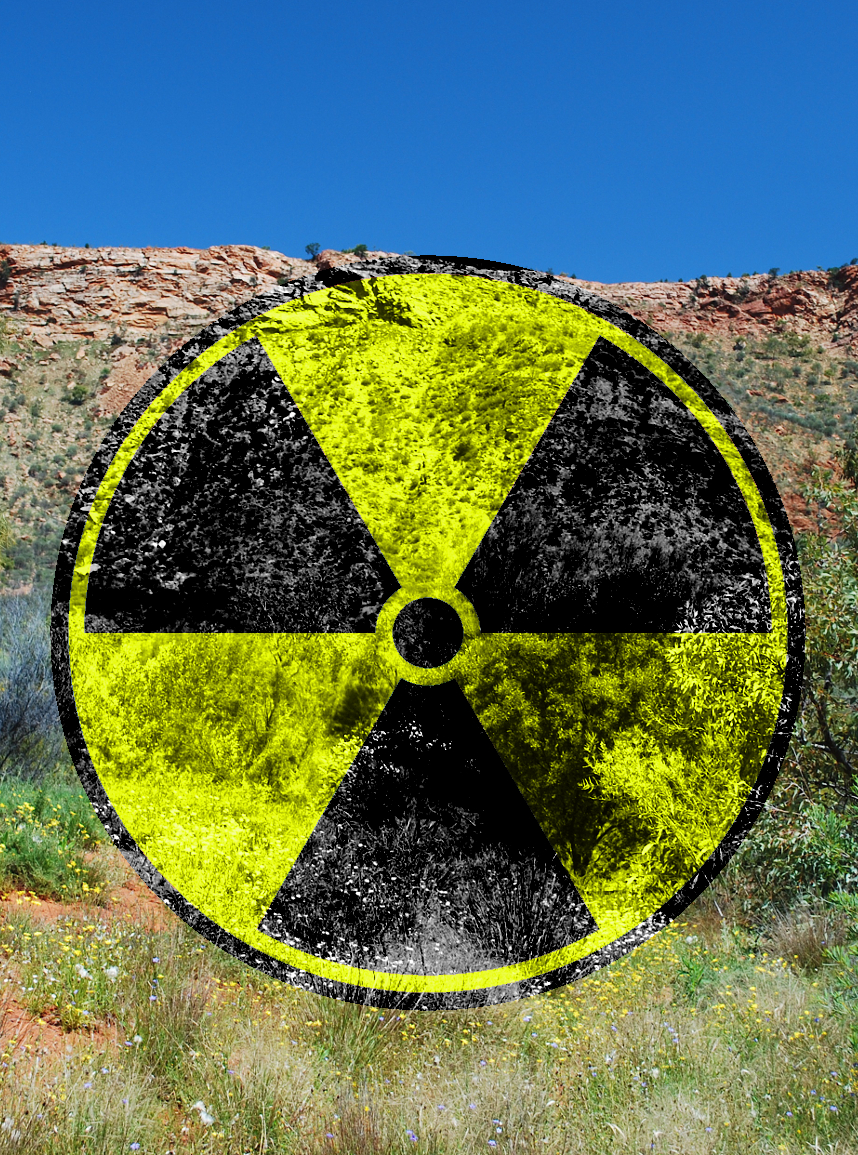Locals back Jabiluka call
 The Northern Territory government has issued a two-year order to halt mining and exploration at Jabiluka, an uranium operation within Kakadu National Park.
The Northern Territory government has issued a two-year order to halt mining and exploration at Jabiluka, an uranium operation within Kakadu National Park.
This decision has been welcomed by the local Mirarr people, who have long opposed mining activities in the region.
The order was made under the NT Minerals Titles Act and will prevent Energy Resources Australia (ERA) from applying for any new mineral titles in the Jabiluka area.
This reservation will be reviewed every two years if the lease application remains unresolved, taking effect on 11 August, the expiry date of the existing lease.
Jabiluka has been a contentious site for decades due to its significant uranium deposit, located within an otherwise environmentally protected area.
Thousands of people have joined protests at Kakadu to oppose uranium mining at the site.
Some traditional owners have expressed gratitude that NT Chief Minister Eva Lawler understood the importance of respecting local Indigenous culture.
Earlier this year, Rio Tinto, which owns 86.3 per cent of ERA, took over the rehabilitation project at the former Ranger uranium mine.
The project is expected to cost more than $2.2 billion.
In March, ERA applied for a ten-year renewal of their mining lease, prompting renewed opposition.
ERA was described as being “out of money and neck deep in rising rehabilitation costs at the adjacent Ranger mine”.
ERA claims the NT Government has informed them that the order would not affect the consideration of the mining lease extension at Jabiluka, describing the order as an “administrative measure”.
“The extension of ERA's mining lease at Jabiluka is the best mechanism to protect the cultural heritage at Jabiluka,” a spokesperson said.
The Gundjeihmi Aboriginal Corporation says the NT government's decision “paves the way for a decision by the Commonwealth to incorporate this stunning cultural landscape within the Kakadu World Heritage Area once the mining lease expires”.







 Print
Print